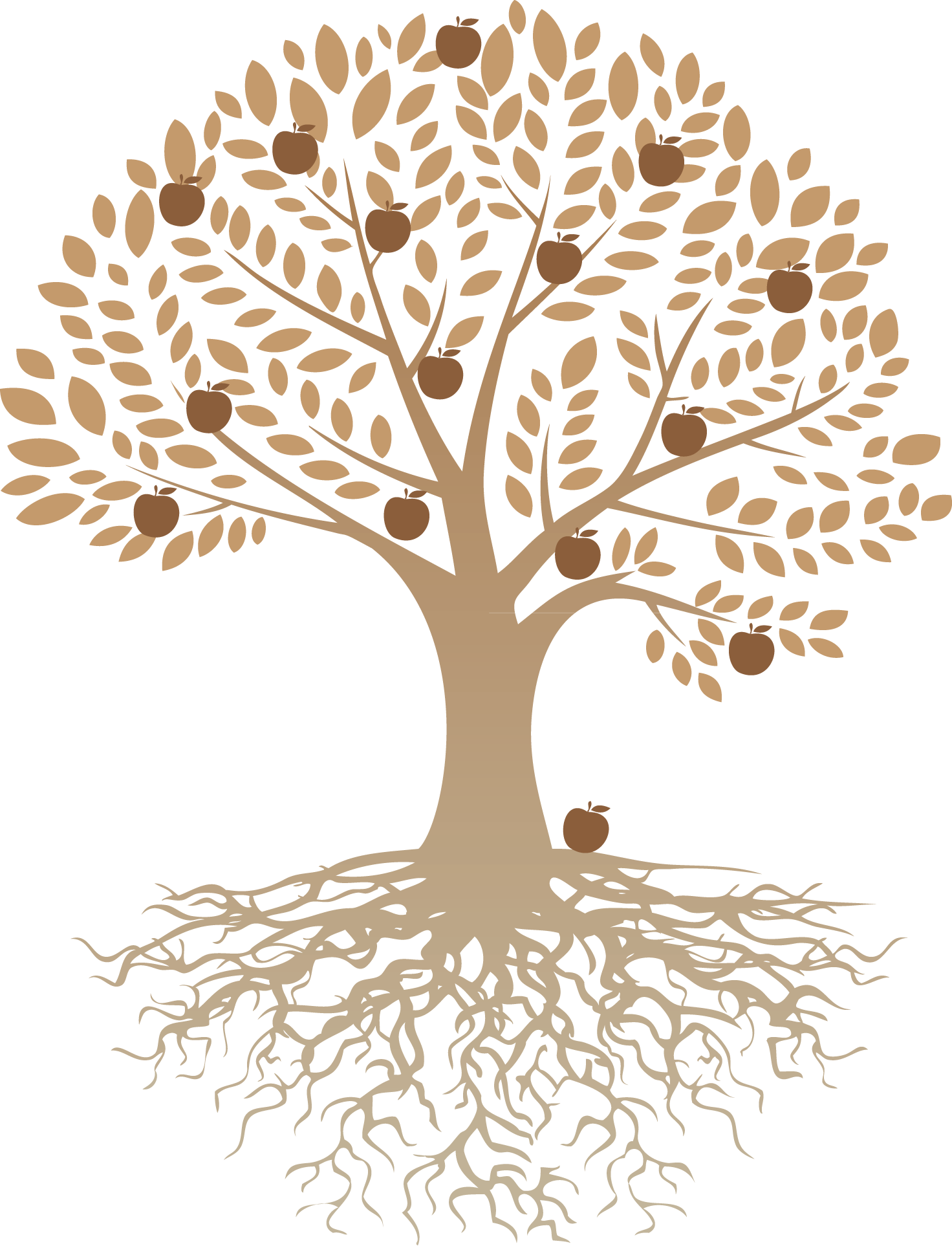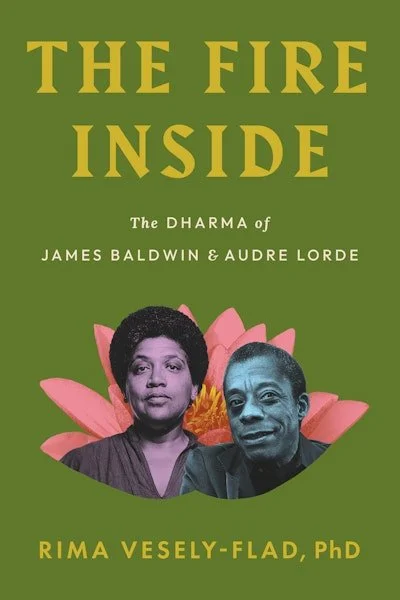Mountain Rain Zen Community’s Statement of Ethics (January 2025)
The Mountain Rain Zen Community (MRZC) is dedicated to fostering a supportive, inclusive, and ethical environment for Zen practice. As a community, we regularly engage in zazen meditation, Buddhist ceremonies, and communal gatherings.
Our ethical framework centers around inclusivity, respect, and compassionate engagement, encouraging all individuals to engage in practice free from discrimination based on class, race, color, sex, gender identity, age, national origin, ancestry, citizenship, disability, or sexual orientation.
The Sixteen Bodhisattva Precepts
At the heart of MRZC’s ethical practice are the Sixteen Bodhisattva Precepts, which guide our interactions, both within and beyond the community.
These include the Three Refuges, the Three Pure Precepts, and the Ten Clear Mind Precepts, each providing a foundation for ethical living rooted in mindfulness, respect, and the desire to alleviate suffering.
The Three Refuges: Core of our practice
The Three Refuges represent our deep commitment to the foundational elements of Zen practice.
We take refuge in the Buddha: We commit to respecting the inherent nature of awareness and awakening within ourselves and others. This recognition of Buddha-nature guides our interactions with integrity and mindfulness.
We take refuge in Dharma: We are committed to living with an open heart and mind, seeking a deeper understanding of life’s complexities with sincerity. This commitment calls on us to foster clear and compassionate understanding in our relationships.
We take refuge in Sangha: As a community, we honor our interconnectedness with all beings. This refuge is our aspiration to cultivate inclusivity, open communication, and mutual support, embracing both unity and diversity.
The Three Pure Precepts: Our ethical intentions
The Three Pure Precepts serve as ethical aspirations that reinforce our dedication to reducing suffering and fostering well-being.
We vow:
To avoid all action that creates suffering: We strive to refrain from actions, words, or thoughts that may harm others or ourselves, embodying restraint as a foundation for compassion.
To cultivate good: Our actions aim to promote a lasting, sincere sense of happiness and well-being, grounded in the well-being of all.
To act with others always in mind: We commit to unselfish actions that promote happiness, serving the needs of others and the broader community.
The Ten Clear Mind Precepts: Maturity in practice
The Ten Clear Mind Precepts outline specific ethical guidelines for practicing mindfulness and respect. We vow to:
Nurture life: We value the dignity of all life, committing to kindness and respect for all beings.
Practice generosity: Generosity underpins our interactions, fostering openness rather than fear.
Respect boundaries in intimacy: We honor healthy boundaries, cultivating respectful and compassionate relationships.
Encourage truthful communication: Truthfulness is essential, fostering trust and transparency.
Seek clarity and awareness: Avoiding harmful substances and rigid beliefs, we cultivate an open and clear mind.
Speak with kindness: We aim to communicate from a place of understanding, regardless of differences.
Practice humility: We refrain from self-promotion and cultivate a humble and inclusive attitude.
Encourage mutual support: We embrace interdependence, generously offering time, energy, and resources.
Forgive and let go of anger: Forgiveness fosters harmony, helping us resolve conflicts with honesty and compassion.
Support the Triple Treasure: Honoring Buddha, Dharma, and Sangha, we commit to nurturing and upholding the teachings and our community.
Through these ethical commitments, MRZC fosters a space where all are welcome to practice with integrity, compassion, and respect for one another.




